peyote
$130.00 Original price was: $130.00.$100.00Current price is: $100.00.
Peyote is a small, spineless cactus that belongs to the genus Lophophora.


peyote
Peyote is a small, spineless cactus that belongs to the genus Lophophora. It is native to the southwestern regions of the United States and northern Mexico, where it has been used for centuries by various indigenous cultures for its psychoactive properties and spiritual significance. Peyote is a slow-growing plant that thrives in arid and desert-like environments, often found in rocky or sandy soils. It has a unique appearance, with a rounded, button-like shape and a bluish-green or grayish-green coloration.
The most distinctive feature of peyote is its remarkable alkaloid content, particularly mescaline, which is the primary psychoactive compound responsible for its hallucinogenic effects. Mescaline is classified as a phenethylamine and is known to produce profound alterations in perception, cognition, and emotional states. The potency of mescaline varies among individual plants, but it is generally concentrated in the fleshy, above-ground portion of the cactus, known as the “button.”
peyote For sale
Traditionally, peyote has been used in religious and ceremonial practices by indigenous communities such as the Huichol, Navajo, and Native American Church. The consumption of peyote is often part of a sacred ritual, where it is believed to facilitate spiritual experiences, enhance introspection, and promote a deeper connection with nature and the divine. These practices are typically carried out in a controlled and respectful manner, under the guidance of experienced individuals who are well-versed in the traditions surrounding peyote.
buy peyote online
The effects of peyote are highly subjective and can vary from person to person. Upon ingestion, the mescaline present in peyote binds to serotonin receptors in the brain, leading to alterations in sensory perception, mood, and consciousness. Users may experience visual distortions, such as vibrant and shifting colors, patterns, and geometric shapes. Sensations of euphoria, introspection, and enhanced empathy are also commonly reported. The duration of the peyote experience can range from six to twelve hours, depending on the individual and the dose consumed.
peyote Near me
Peyote is typically consumed by ingesting the dried buttons, either by chewing them or brewing them into a tea-like beverage. The taste of peyote is known to be bitter, and the ingestion process can be accompanied by mild nausea and physical discomfort. However, these effects are generally transient and are often considered part of the overall experience.
The cultivation and harvesting of peyote require careful consideration and conservation efforts due to its slow growth rate and ecological vulnerability. In recognition of its cultural significance and conservation concerns, peyote is protected by international and national laws in many countries. Sustainable harvesting practices, cultivation initiatives, and legal protections are essential to ensure the long-term survival of this sacred plant.
It is important to note that the use of peyote and mescaline-containing substances carries legal and ethical considerations in many jurisdictions. While some countries allow for the religious or ceremonial use of peyote by indigenous communities, its recreational use or distribution may be strictly regulated or prohibited. It is crucial to respect and adhere to local laws and cultural sensitivities when engaging with peyote or any other psychoactive substance.
Furthermore, the use of peyote and other hallucinogens should always be approached with caution and responsibility. These substances can induce powerful psychological effects and may not be suitable for everyone. It is advisable to seek informed guidance, adhere to appropriate dosage guidelines, and create a safe and supportive environment when engaging in experiences involving peyote or mescaline.
In summary, peyote is a unique and revered cactus known for its psychoactive properties and cultural significance. Its alkaloid content, particularly mescaline, produces profound alterations in consciousness and perception. Used traditionally in religious and ceremonial practices, peyote holds a special place in the spiritual traditions of indigenous communities. However, it is essential to approach the use of peyote with respect, cultural sensitivity, and awareness of legal and ethical considerations.
| Number of box | 2 |
|---|
Be the first to review “peyote” Cancel reply
Related products
Magic Mushrooms
Magic Mushrooms
Magic Mushrooms
Magic Mushrooms
Magic Mushrooms
Magic Mushrooms
Psilocybe
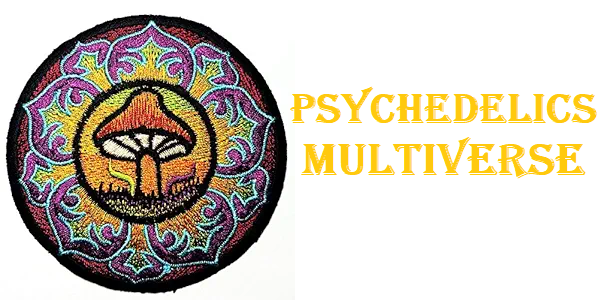



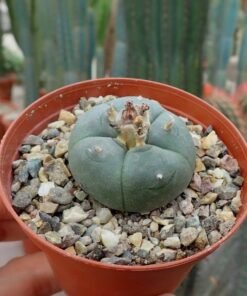
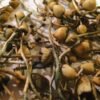

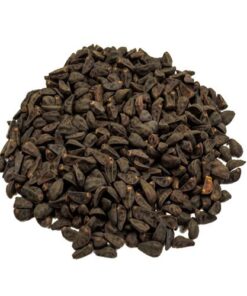
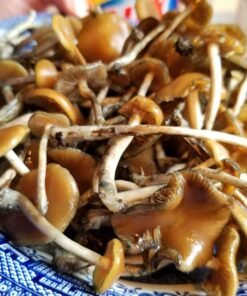



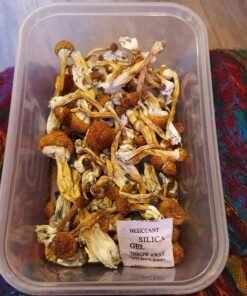



Reviews
There are no reviews yet.